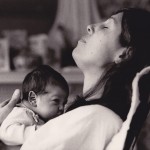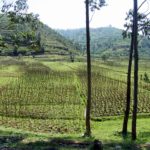Redefining the Mobile Home
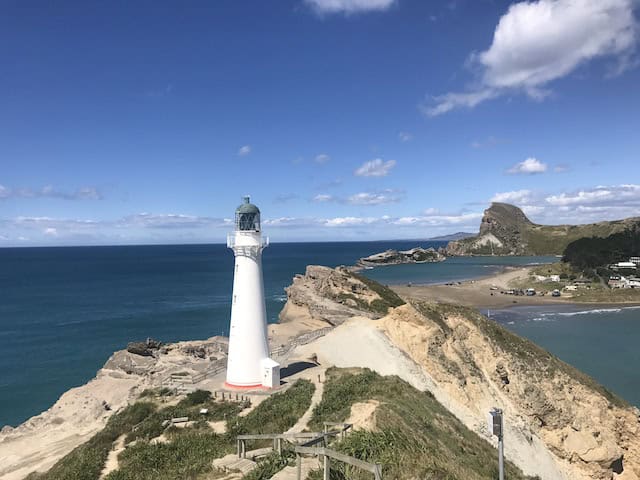
The disruption of Home
The word ‘home’ means something different to me than it might to others. It’s not a geographical location such as a country or a city. It’s not a fixed asset such as a house or an apartment. This mindset comes as a result of being an immigrant, not once but twice. I may look, talk, and think like a Kiwi (New Zealander), but my family origins are from the Assyrian-Chaldean communities of Iraq. I was 3 years old when my parents decided we will immigrate to New Zealand: a tough decision they made after foreseeing a somewhat dismal future following the traumatic sanctions in their ‘home’ country. If you can imagine the unknown being a safer choice than staying in the place you have lived your whole life, then you can safely say that if there’s anyone who knows how to navigate the unknown, it’s immigrants.
Our family arrived in New Zealand with nothing but four suitcases. My parents were very much overdressed for the occasion; my father wearing a dark grey checkered suit, blue shirt and tie, and my mother, a bright green blazer and pencil skirt set. At that time people used to dress up for air travel, however, we barely needed to set foot into the country to realize that the dress code in New Zealand is very casual.
With their Iraqi passports, unrecognized professional qualifications and IELTS Band 7.8 – level English, my parents had to rely on their existing knowledge and experience to somehow make a new home out of very little. Amazingly, they managed to hide their struggles quite well, so much so, that I only recently found out from my father that there was a time when he had but a mere $35 in his bank account. He recalls the defeated feeling of needing to accept a food donation box from the Salvation Army, what he considered to be an all-time low. It’s hard to believe that he was referring to the same lived experience we all shared, when my brother and I hardly felt any disadvantage growing up.
Laying down new roots
We moved to a provincial city, since my father had eventually found work as a lecturer at a polytechnic institution. On his first day, he dressed in his usual work attire; a black suit, red patterned tie, and white shirt, – only to find that his section manager wore jandals to work (‘jandals’ are what Kiwis call flip flops). At this, he raised an eyebrow, but continued to take very seriously his position at the institution. In the Middle East it’s common for educators to be extremely strict, stamping their authority in order to demand attention from the students. Accordingly, he exerted his dominance in the classroom just as he had done at Baghdad University.
It wasn’t long before his section manager approached him, expressing that there had been some complaints from the students. One of the students had remarked – ‘I’m too scared to even ask him if I can go to the bathroom!’ Evidently, in this new environment, my father had to quickly unlearn his previous approach and adopt new ways to encourage student engagement.
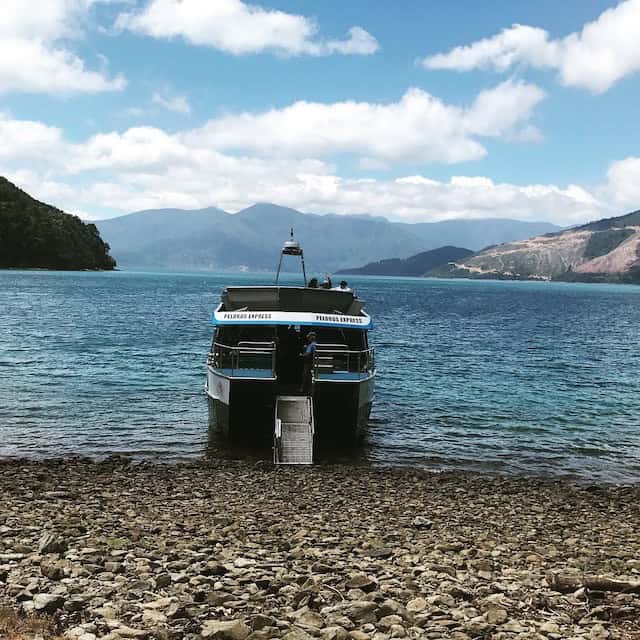
Meanwhile, my mother was still looking for work and getting used to the informalities and colloquial language used. She made a call inquiring about a job and asked for a man named Steven. When the man said his name was Steve, she hung up the phone thinking she had dialed the wrong number. When she was asked to ‘bring a plate’ to a ‘potluck’ dinner, she showed up with an empty plate. When she invited the neighbors around for ‘tea’ at 6pm, they thankfully clarified, “Do you mean dinner?”
“No. Tea, tea” she said while miming drinking a cup of tea. As a newcomer, all the subtleties that the locals don’t think twice about can be incredibly confusing.
They managed to hide their struggles quite well, so much so, that I only recently found out from my father that there was a time when he had but a mere $35 in his bank account.
Provincial New Zealand, at that time, had very little cultural diversity, but over time, our family began to settle into the ‘Kiwi lifestyle’. My brother and I were doing well in school, and my parents re-built their careers. We made friends who became like family, becoming intertwined with our cultural evolution. We went on road trips surrounded by hills and lush green forests. We celebrated Christmases during the New Zealand summer, with barbecues, playing backyard cricket or sitting by the beach. We toured all the vineyards in our new hometown. After some number of years, I noticed my parents stopped referring to Iraq as ‘back home’ the way they had done during the earlier years of settling into New Zealand. This was a defining moment where I felt proud of the life that they’d been able to cultivate for us in a new place and to see how far they have come – literally. While they honored their roots, they were also able to embrace the opportunities in living somewhere new.
Despite the early challenges, immigrants are widely known for is being very hardworking and encouraging the same of their children. My mother always says that knowledge is power. With education you can turn very little into abundance. This is why one should never underestimate the power of investing in oneself. Stay healthy, continue to up-skill, and learn as much as you can because if a situation arises where you don’t have much, you will not lose the skills and knowledge that will enable you to bounce back.
Taking off again
Fast forward to round two of immigration for me – New Zealand to Canada. At this point I refer to myself as a Kiwi by default. With New Zealand being small and isolated, it’s common for us to travel overseas to have the experience of living and working somewhere different, and to further our careers. This time around, immigration looked vastly different from what my parents experienced. Dressed in a black jersey dress and sneakers I arrived at Toronto Pearson airport with a New Zealand passport, recognized qualification, and Band-9 IELTS score (yes you still must take an English test even if you’re from New Zealand – someone needs to tell the IRCC to change this requirement).
The reasons for me immigrating were very different from the reasons my parents had. They were looking to move somewhere safe, whereas I was looking for a new challenge. In both cases, the unknown is still a factor. You can prepare all you like for immigration; do research on the country, maybe go there for a vacation first, talk to a lot of people about it, weigh up the pros and cons. You can spend a lot of time wondering about what it will be like to live in another country. But at the end of the day, you just have to pack your bags, book the plane ticket and trust that you’ll be able to handle whatever comes your way.
We often underestimate what we’re capable of when put into difficult situations and our ability to rise to the occasion and adapt to new circumstances. It was a chilly December when I arrived, and this really should have come as no surprise since I had been told repeatedly about how cold it is in Canada. I can now confirm this is true. The brutal wind chill forced its way to my bones, and I remembered something my parents told me. They had originally considered moving to Canada but quickly dismissed the idea because of the cold climate and then settled on New Zealand. ‘Wise move…’ – I thought to myself. On the bright side, it only had to get better from here.
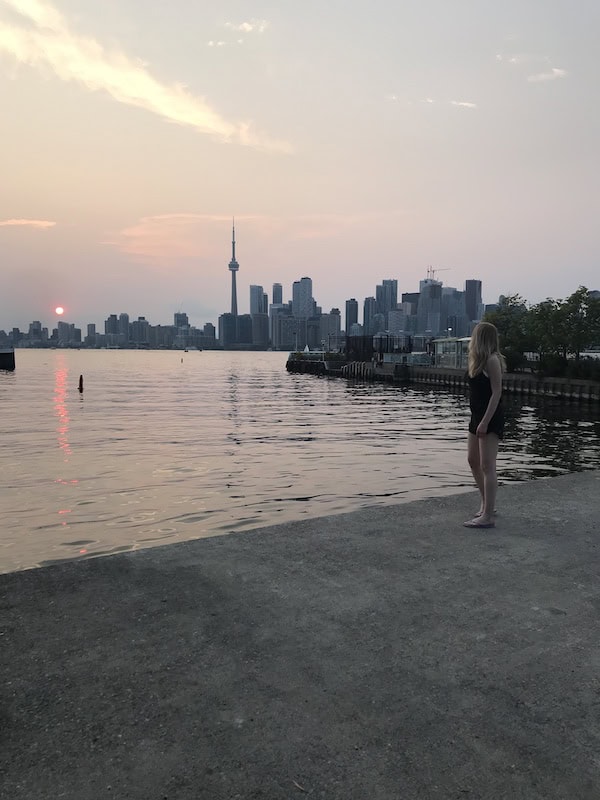
On the bright side, it only had to get better from here.
The sheer number of people living in the city was overwhelming in contrast to the quiet life I grew up with. However, with the high influx of newcomers to the city, I somehow found it comforting being in a place with so much cultural diversity. Many people had come here to establish a new home and there was a sense of community to be found in this notion alone. Meeting people who I normally wouldn’t have had the opportunity to cross paths with has been one highlight of moving countries – their stories rich with culture and varied experiences. At the same time, mixing with the locals who have lived in the area for a long time helped me to better settle in and feel more at home.
So, what makes a place feel like a home? Like the way my parents had a defining moment when they felt themselves to be Kiwis, I believe this feeling sinks in sometime after receiving the defining paperwork from the government. For me, this was not when I landed my first job or filed taxes for the first time. Settling into an apartment still felt somewhat temporary. It probably wasn’t until I decided to do further study and enrolled as a domestic student that it really started to sink in that I was a local.

